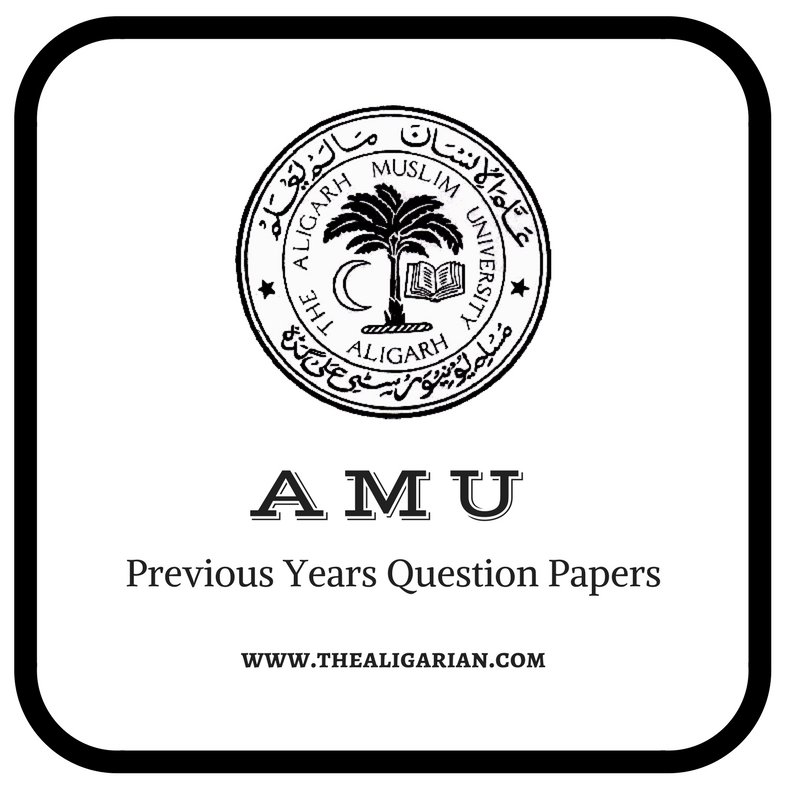Aligarh Muslim University (abbreviated as AMU) is a public central university in Aligarh, India, founded in 1875 as the Muhammadan Anglo-Oriental College by Sir Syed Ahmad Khan which In 1920 changed its name to Aligarh Muslim University. In this post, we bring out a list of the most influential Alig Politicians in India.
Many notable people have been associated with the college as alumni, non-graduating students, instructors, staff, or administrators, and are still considered as jewels of Indian politics. A list of famous Aligarh Muslim University alumni follows.
Influential Alig Politicians Before Independence (1947) :
1. Nawab Hamidullah Khan – Last Ruling Nawab Of Bengal
Hajji Nawab Hafiz or Hajji N Sir Hamidullah Khan (9 September 1894 – 4 February 1960) was the final governing Nawab of Bhopal before the state of Madhya Pradesh amalgamated with it in 1956. He governed from 1926 to 1949, when his mother, Begum Kaikhusrau Jahan Begum, abdicated in his favor, and he kept the honorific title until 1960.
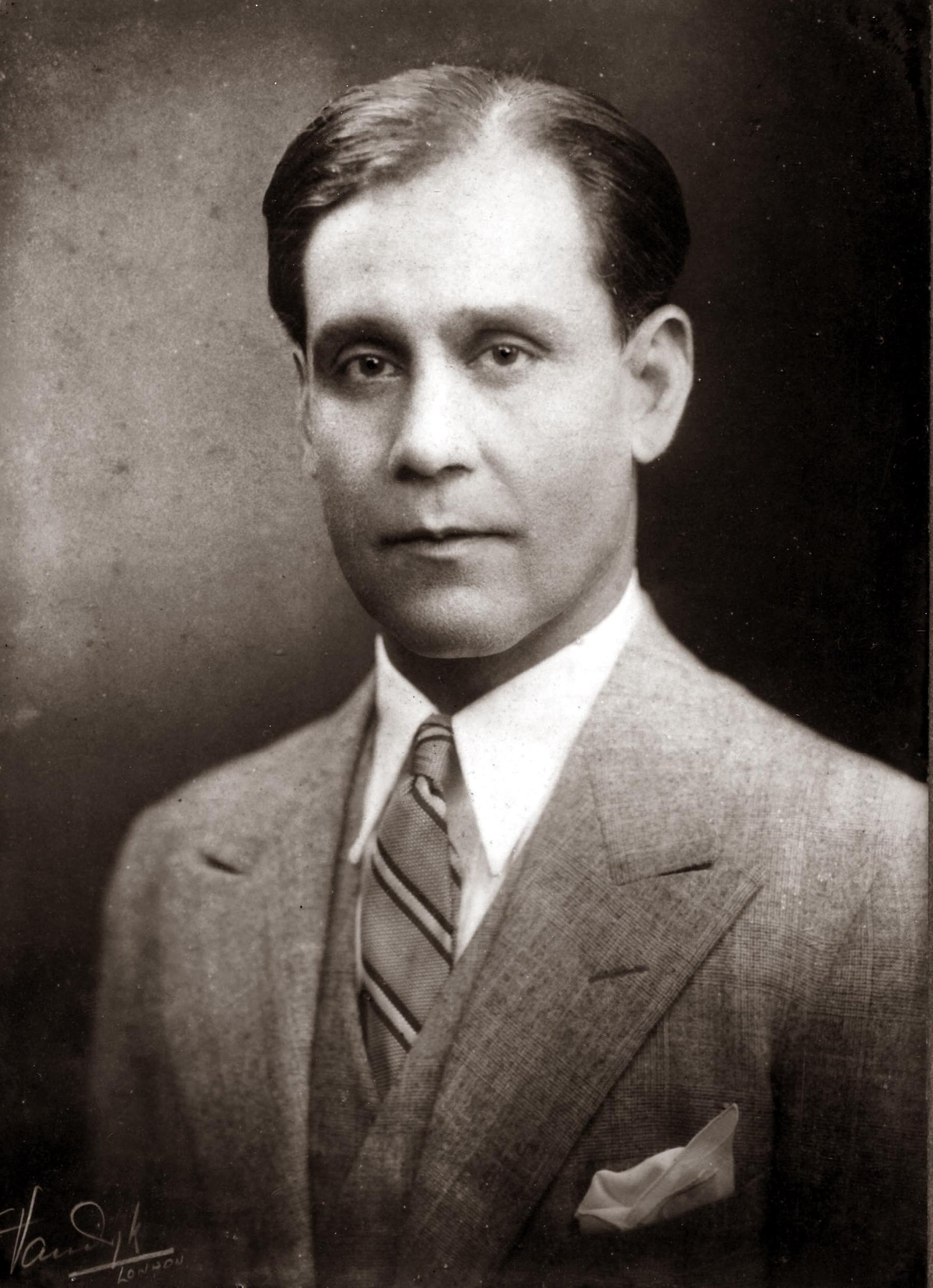
He served as Chancellor of the Chamber of Princes from 1944 to 1947, when India gained independence. He was a representative to the Round Table Conference in London. Nawab Hamidullah Khan was present at the Battle of Keren and the Battle of El Alamein during WWII. Nawab Hamidullah, as he was known, was a close friend of Pakistan’s founder, Muhammad Ali Jinnah. Despite Jinnah’s urging, he grudgingly consented to include Bhopal in the Indian Union.
2. Abdul Ghaffar Khan – Indian Independence Activist
Abdul Ghaffar Khan, also known as Badshah Khan, Frontier/Simant Gandhi or Bacha Khan, and honorably addressed as Fakhr-e-Afghan, was an Indian freedom warrior and independence activist against British colonial control in India from February 1890 until January 20, 1988.

He was a devoted Muslim and an advocate for Hindu-Muslim reconciliation in the Indian subcontinent. He was a political and spiritual leader recognised for his peaceful opposition and lifelong nonviolence. Khan was nicknamed Sarhadi Gandhi (Hindi:, lit. ‘Frontier Gandhi’) by his close associate Amir Chand Bombwal due to his similar views and close connection with Mahatma Gandhi.
3. Rafi Ahmed Kidwai – Former Leader of Indian National Congress
Rafi Ahmed Kidwai was India’s first minister of communication. He was a politician, a supporter of Indian independence, and a socialist.
He started politics through the Khilafat Movement after attending MAO at Aligarh. He was elected to the Central Legislative Assembly as a Swaraj party candidate from Oudh in the 1926 election. In the Assembly, he became the Swaraj Party’s Chief Whip. Kidwai’s political vision helped the party maintain unity on contentious matters.
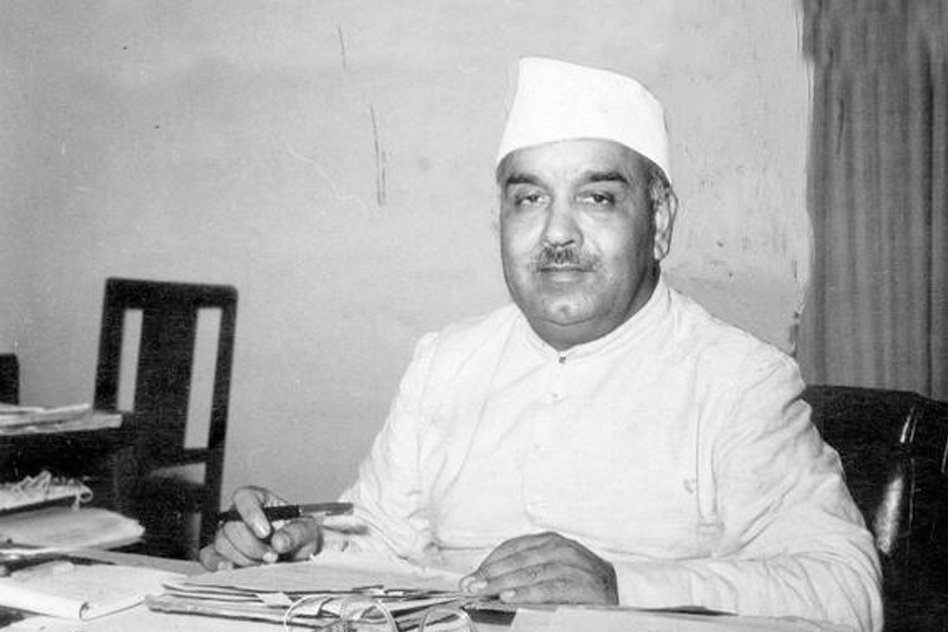
Under the Provincial Autonomy Scheme, Kidwai became a minister for Revenue and Prisons in Govind Ballabh Pant’s government in the United Provinces of Agra and Oudh (UP) in 1937. UP was the first province to abolish the zamindari system under his leadership. He became the Home Minister of UP in April 1946.
Influential Alig Politicians After Independence (1947) :
4. Zakir Hussain – 3rd President Of India
Zakir Husain Khan (8 February 1897 – 3 May 1969) was an Indian economist and politician who served as the country’s third president from May 13, 1967 to May 3, 1969.
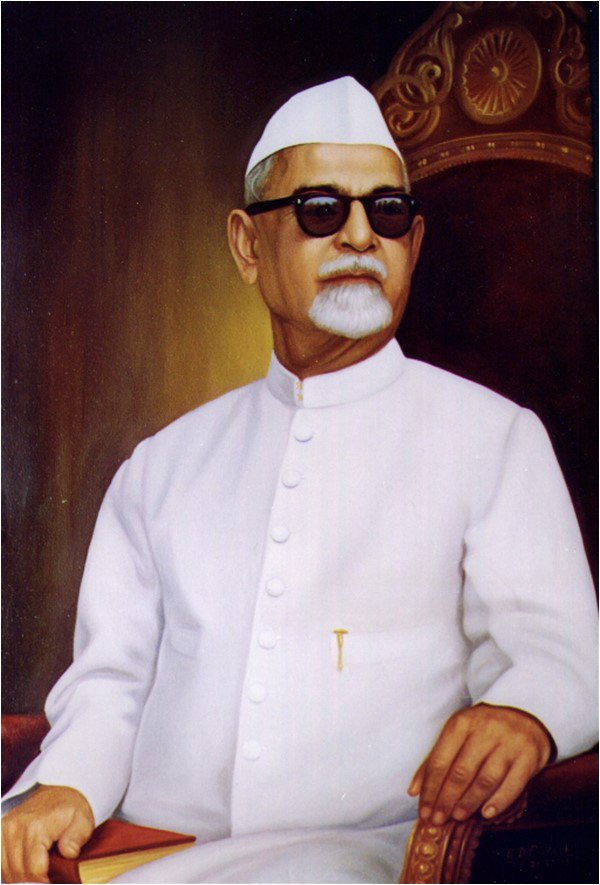
From 1957 to 1962, he was the governor of Bihar, and from 1962 to 1967, he was India’s second vice president. He was also a co-founder of Jamia Millia Islamia, where he served as vice-chancellor from 1928 until his death. Jamia became strongly involved with the Indian liberation movement under Husain. In 1963, he received the Bharat Ratna, India’s highest civilian honor. He was India’s first Muslim president and the country’s first president to die in office.
5. Mohammad Hamid Ansari – Former Vice President Of India
From 2007 to 2017, Mohammad Hamid Ansari (born 1 April 1937) served as the 12th chairman of the Rajya Sabha and the 12th vice president of India.
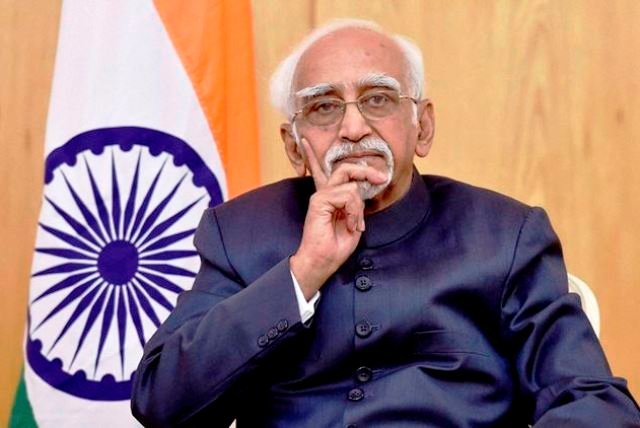
In 1961, Ansari joined the IFS. He served as India’s ambassador to Australia, Afghanistan, Iran, and Saudi Arabia throughout his 38-year diplomatic career. Between 1993 and 1995, he served as India’s Permanent Representative to the United Nations. From 2000 to 2002, he served as Vice-Chancellor of Aligarh Muslim University. From 2006 to 2007, he served as Chairman of the National Commission for Minorities.
6. Arif Mohammad Khan – Current Governor Of Kerala
Arif Mohammad Khan (born November 18, 1951) is an Indian politician who is the Governor of Kerala at the moment. He has served as a Union Minister in the past. He has held a variety of positions, from energy to civil aviation.
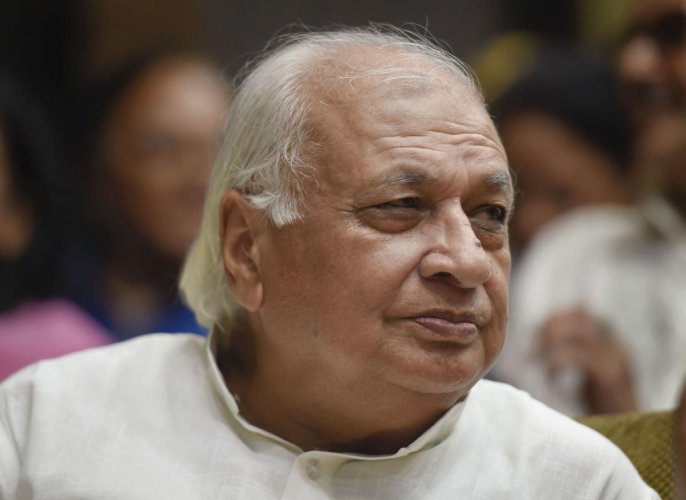
Khan got his start in politics as a student leader. He served as President of the Aligarh Muslim University Students’ Union in 1972–73 and as honorary Secretary the previous year (1971–72). Arif Mohammad Khan is most known for opposing the Muslim Personal Law Measure, a bill passed in the Indian Parliament that denies women’s upkeep and deprives Muslim women of their rights. Despite the fact that the Muslim Personal Law Bill was passed by the Indian Parliament, he fought against it.
7. Ghulam Mohammad Shah – Former Chief Minister Of Jammu And Kashmir
Ghulam Mohammad Shah, often known as G. M. Shah or Gul Shah, was an Indian politician who served as Chief Minister of Jammu and Kashmir from 2 July 1984 until 6 March 1986.
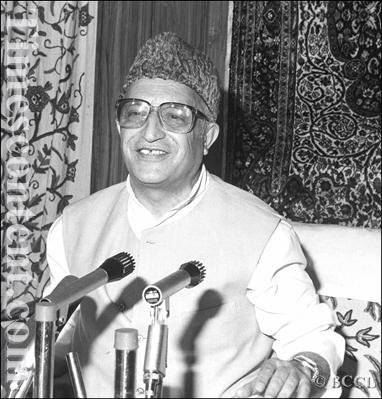
Shah was appointed Controller of Supplies and Prices after the founding of the popular government in 1947, a position he held until 1953. Following the 1975 Indira-Abdullah Accord, Shah was recruited as a Minister of State in the Government after a nearly eight-year jail. Shah is also credited with orchestrating the National Conference’s victory in the 1977 elections. Later, he was sworn in as a cabinet minister, with duties including transportation, food and supplies, trade agencies, estate works, and power.
In 1984, Shah overthrew his brother-in-law Farooq Abdullah’s government and became Chief Minister.
8. Sheikh Mohammad Abdullah – Former Prime Minister Of Jammu and Kashmir
Sheikh Mohammad Abdullah (5 December 1905 – 8 September 1982) was an Indian politician who was a key figure in Jammu and Kashmir politics. Abdullah, also known as Sher-e-Kashmir (Lion of Kashmir), was the first elected Prime Minister of Jammu and Kashmir after its accession to India. He was the founding leader of the All Jammu and Kashmir Muslim Conference (later renamed Jammu and Kashmir National Conference). He campaigned against Maharaja Hari Singh’s regime and advocated for Kashmir’s independence.
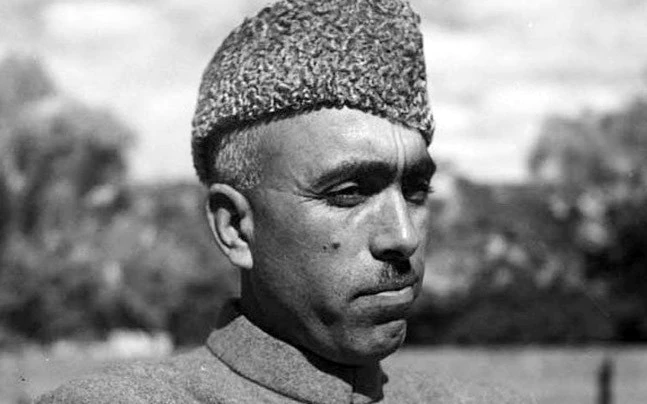
He was the Princely State of Jammu and Kashmir’s first elected Prime Minister and was later imprisoned. On August 8, 1953, he was removed from office as Prime Minister, and Bakshi Ghulam Mohammad was nominated as his replacement.
9. Azam Khan – Member Of Parliament, Lok Sabha
Mohammad Azam Khan (born 14 August 1948) is an Indian politician who represents the Rampur constituency in Parliament. He was a member of Uttar Pradesh’s Seventeenth Legislative Assembly and a founding member of the Samajwadi Party. He was also the most senior Cabinet Minister in Uttar Pradesh’s government, and he served in the legislative assembly for nine times from the Rampur assembly constituency.

Azam Khan has served in the Rampur assembly constituency for nine terms. He was also a cabinet minister in the Uttar Pradesh government. Khan is currently a member of the Samajwadi Party, however between 1980 and 1992 he was a member of four other political groups.
Khan was handed a ticket from the Rampur constituency by the Samajwadi Party for the Lok Sabha elections of 2019 after his successful victory in 2014.
10. Mohsina Kidwai – Member Of Parliament, Rajya Sabha
Mohsina Kidwai (born January 1, 1932) is an Indian National Congress politician from Barabanki, Uttar Pradesh. She is currently a member of the Rajya Sabha, having been elected from Chhattisgarh. She is a member of both the Congress Working Committee (CWC) and the All India Congress Committee, the Indian Congress Party’s highest decision-making body (A.I.C.C.)
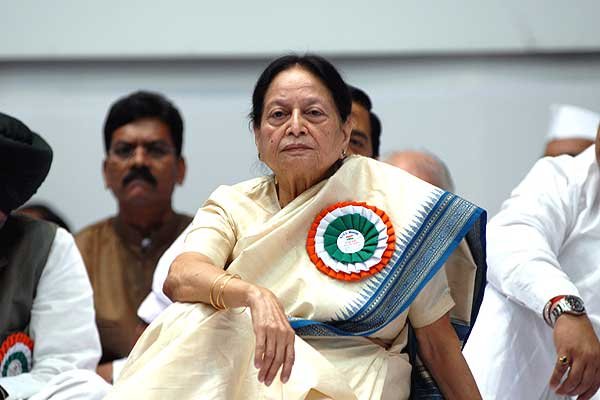
Mohsina Kidwai has held a number of cabinet positions in the governments of Uttar Pradesh and India. Kidwai has held a number of positions of leadership within the Congress party, including General Secretary of the AICC. Kidwai is well-known for her close friendship with Sonia Gandhi, the Congress Party’s leader. In the days before Sonia Gandhi, Kidwai was a leader of the Congress(T), a breakaway party.
Conclusion
The above-mentioned popular and influential Alig politicians in India have revolutionized the nature of Indian Politics by contributing exceptionally in their respective domains and carried the legacy of Aligarh Muslim University to a whole other level. We hope you like this article. Let us know your favorite Alig politician in India till date in the comment section below.
Also Checkout: Is AMUSU Really For Students?







